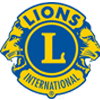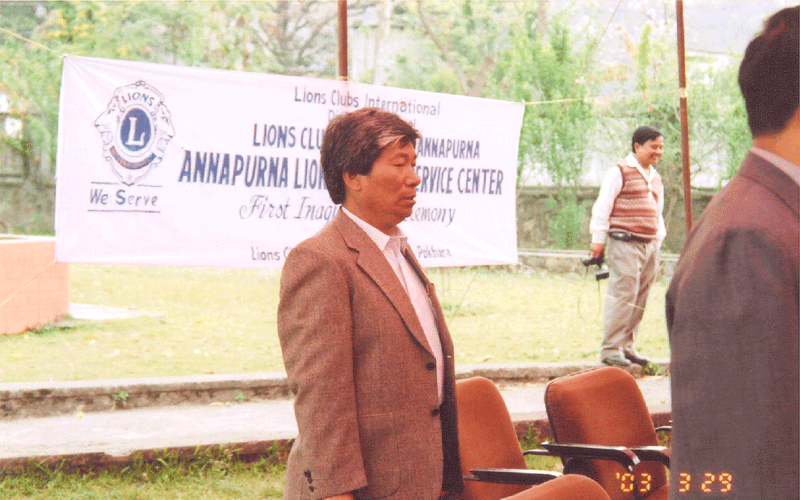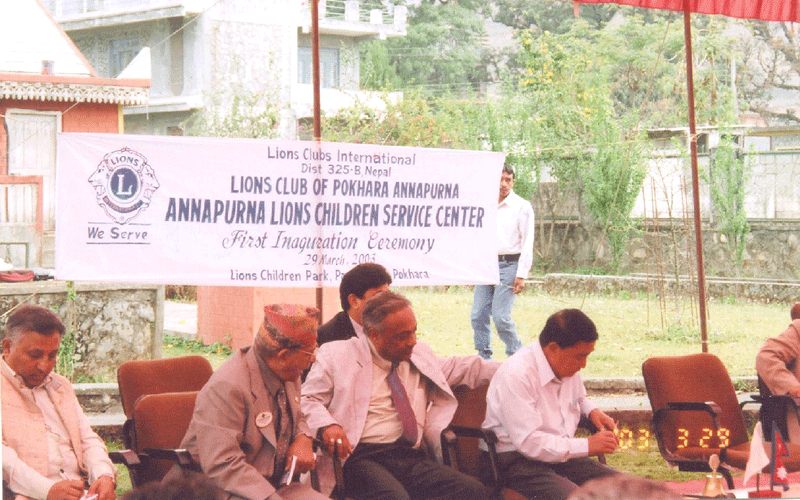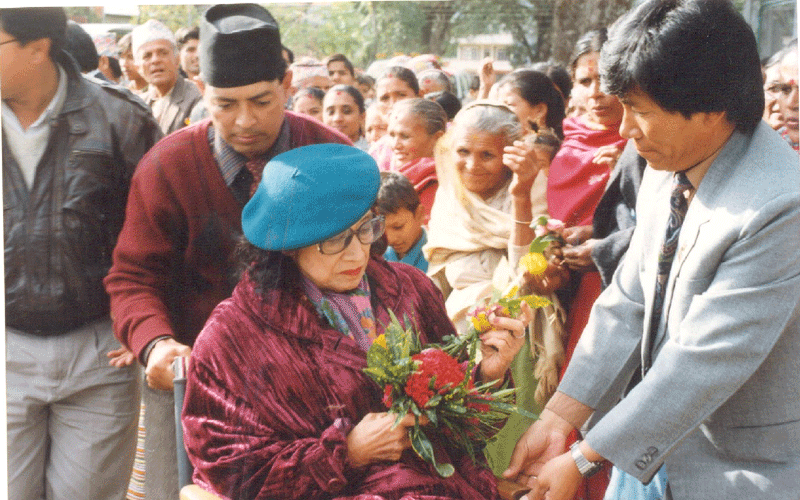
The Lions Club of Pokhara Annapurna has created an esteemed record in society by serving for twenty five years. Over the last twenty five years, we have built multiple schools, organised multiple health camps and distributed many scholarships, educational materials and furniture. We have also built a relationship with the Shintosin Lions Club of Japan, who has become a renowned social worker in this society.
On Friday the 23rd of November, 2012, twelve members from Central Queensland University, Australia (CQU) and fourteen medical teams from Fishtail Hospital and Himalayan Eye Care travelled with sixteen Lions from our club to Gilung. Gilung is a remote village; the trek was made via 4WD and made for a very bumpy six hours travelling.
The welcome from the village was amazing. We were showered with marigold garlands, blessed with a tikka and piped up to the primary school by the village band. Upon reaching the top of the village, we were in awe of the breathtaking views of the Annapurna Ranges. We were greeted by the village elder and the primary school students and teachers. Following a welcoming ceremony by the Lions Club members, the school principal and the village elder, we were treated to Nepali roti and chicken. We then presented the school with educational supplies, sporting equipment and craft materials.
After the presentation, we viewed the refurbishments made to the school building and classroom furniture. CQU had donated 200,000 rupees. The school had made good use of this money by improving the rooms and furniture. The CQU logo was featured on each desk; we appreciated this thoughtful acknowledgement of their generosity. These desks will be a long -lasting reminder of the donations from the esteemed CQU staff and students.
We were then introduced to our host families, and settled into our traditional Nepali accommodation. The hospitality shown to us was truly impressive. That evening, we enjoyed a cultural show and were able to sample the traditional Nepali millet wine.
The following day, after a delicious breakfast of boiled eggs and roti, we trekked through the fields of millet to the health camp, which was held at the Buddhodaya Higher Secondary School. The day was a great success. Almost 800 villages came to the camp for health checks; some had walked five hours to attend. The health checks on offer included gynaecology, ear, nose and throat care, electrocardiograms, ultrasounds, general medical checks and optometry. There was also a pharmacy, which supplied the necessary medication free of charge. Nursing students were divided between each area, and provided invaluable assistance to doctors. The students were also able to perform health assessments for patients prior to them seeing the doctors. Out of 250 eye checks, twenty seven villages were diagnosed with cataracts. One of the elderly patients, who was eighty four years old, had been carried in a basket by one of her family members so that she could attend. This family had to traverse rough, hilly terrain. We appreciated the assistance of Fishtail Hospital’s medical team, the Himalayan Eye Care team and the students from the CQU nursing teams. At the completion of the health camp, the CQU students gifted donations to the principal of the secondary school.
Following the least camp, the youth and women’s groups treated us to another evening of cultural dance. Dances were also performed by CQU and Lions Club members. Special mention must go to Lion Suresh Shrestha, the President, Lion Ram Bashel, the District Advisor and our Lions Club of Pokhara Annapurna Coordinator, and Lion Dudman Gurung, the Village Coordinator, for their nimbleness on the dance floor.
The next morning began with a very early start. Our host families bid us farewell with beautiful garlands and flowers and accompanied us to our transport. As we travelled down the mountain to return to Pokhara, we reflected on our experiences, the people we met and the new friends we made.



